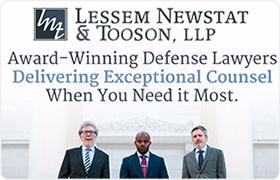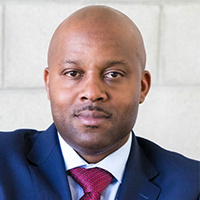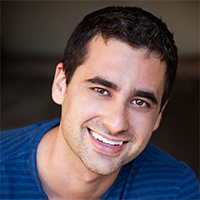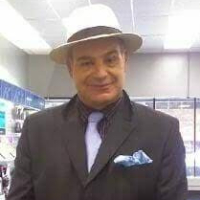Los Angeles County, CA Felony Lawyers
Sponsored Law Firm
-
 x
x

Click For More Info:
-
Lessem, Newstat & Tooson, LLP
3450 Cahuenga Blvd W Unit 102 Los Angeles, CA 90068» view mapCriminal Defense Your Fight Is Our Fight.
Our team is ready to represent individuals in need of strong, aggressive personal injury or criminal defense as it pertains to one's mental health.
800-805-4781
Daniel Moaddel
✓ VERIFIEDDaniel Moaddel is a criminal defense attorney serving Los Angeles, California.
Andrew Marc Stein
✓ VERIFIEDAndrew M. Stein has been practicing law for over thirty years and has specialized in the area of criminal law and civil rights. He received his Bachel... (more)
Gil Lee Arbel
✓ VERIFIEDBorn and raised in Los Angeles, Gil Arbel is a dedicated and motivated young attorney. His specialty is in criminal defense, but he routinely handles... (more)
Angela Rena Swan
✓ VERIFIEDMs. Swan has been licensed to practice in the state of California since 2001 and helps people with Divorce & Family and Criminal law matters.
Charles Reinhardt Rondeau
✓ VERIFIEDCharles R. Rondeau has more than 25 years of experience successfully handling personal injury and employment-related cases throughout California. He h... (more)
Antonio Jose Bestard
✓ VERIFIEDAntonio J. Bestard has 40 years of experience, and is prepared to manage the complexity issues of criminal law. Mr. Bestard is Certified Legal Spec... (more)
William K. Ringgold
✓ VERIFIEDMeet William K. Ringgold, a highly skilled and experienced lawyer who specializes in handling DUI cases in California. With a deep understanding of Ca... (more)
FREE CONSULTATION
CONTACT J. Tooson Los Angeles, CA
J. Tooson Los Angeles, CA Practice AreasExpertise
Practice AreasExpertise








